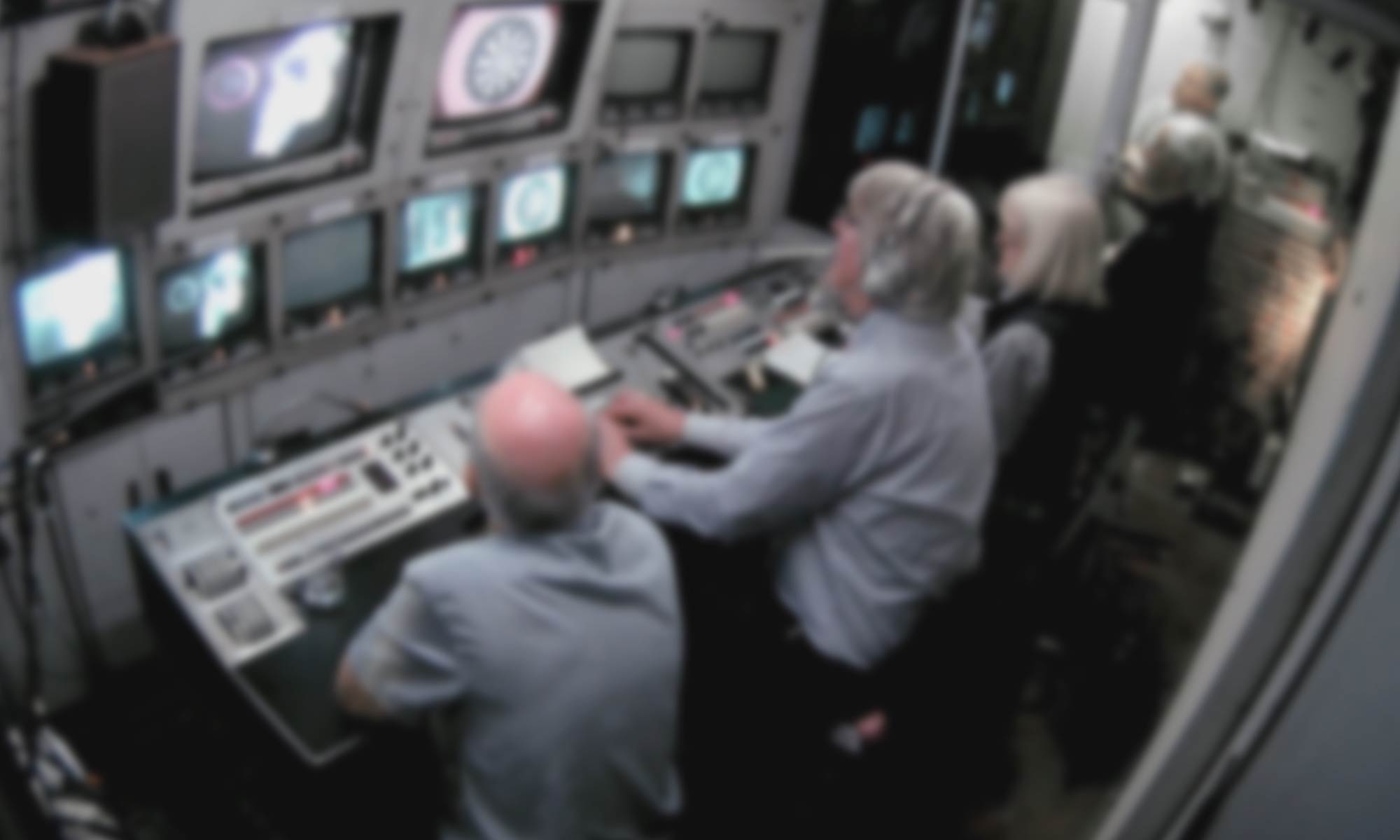John Hooper
Sound Recordist
John Hooper joined the BBC as a school leaver in December 1969. Having completed A-levels in maths and physics, John joined as a trainee assistant sound recordist and spent his first six weeks at Wood Norton learning basic broadcast engineering and sound recording techniques. This initial training was followed by a year of on-the-job training, culminating in a sound recording proficiency test, after which sound assistants were regarded as ‘established’ members of film department staff. After several years spent working in the Film Department’s sound transfer suites, John was then moved onto mobile duties as part of an operational film crew, and in 1979 became a full time sound recordist.
Sound assistants were not employed on all programmes. They were usually brought in when the sound recordist required a designated boom operator, or during particularly complex shoots involving multiple radio microphones. When operating the boom, the sound assistant would be tasked with ensuring the microphone was always in the optimal place to pick up dialogue without getting in shot or obstructing the lighting.
The sound assistant was also responsible for many other tasks such as preparing equipment, and attaching and monitoring radio microphone transmitters. As well as fulfilling important functions on the shoot, this work provided an opportunity for assistants to develop their skills and learn on the job from sound recordists. John remembers his time as an assistant: “After five years [working in sound transfer suites] I then went out on the road as a sound assistant. There was no other formal training, you learnt from your peers as a sound assistant to see how they worked.”
For John, an important difference between working as a sound recordist in the 1970s and in more recent times was the need, and ability, to maintain your equipment. Within the film department, all sound recordists were issued with their own personal kit and were responsible for its daily maintenance. Despite the Nagra being incredibly reliable, it was not uncommon for a sound recordist to be forced to reach for his or her toolbox.
John recalls: “[The Nagra] was a very reliable machine, because it was Swiss made and mechanical and very solidly built. But in terms of maintenance you were expected to know basics of what might be wrong […] Then it was a case of just getting a screwdriver, so mechanically you could see what was going wrong.
“With a DAT [digital audio tape machine] for example you couldn’t get inside it, there wasn’t a screwdriver slot that you could open. There were no user friendly parts and there was nothing that we were taught to maintain.”
Throughout his career, John would work on numerous high profile dramas, documentaries, and light entertainment programmes including Tinker Tailer Soldier Spy, The Marksman, and One Foot in the Grave.
